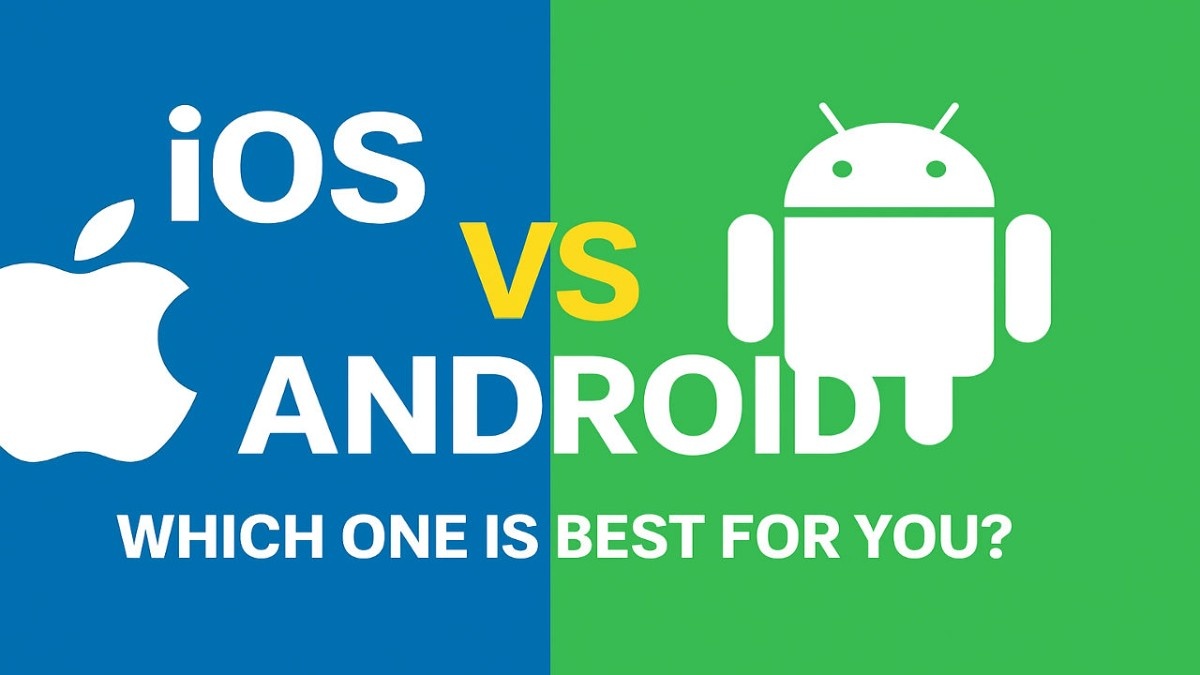When it comes to choosing a smartphone, the biggest debate is always iOS vs Android. Apple’s iOS and Google’s Android dominate the global market, but each has unique strengths and weaknesses. If you’re planning to buy a new phone in 2025, understanding the differences between iOS and Android will help you make the right choice.
Table of Contents
iOS vs Android: Key Differences
User Experience
iOS offers a clean, simple, and smooth experience. It is highly optimized for performance and works seamlessly with other Apple products like iPad, Mac, and Apple Watch.
Android gives more customization options. You can change themes, icons, and layouts according to your style. However, user experience can vary depending on the brand (Samsung, OnePlus, Xiaomi, etc.).
App Store and Play Store
iOS (App Store) has strict quality control, which means fewer fake or spammy apps. Many apps launch on iOS first.
Android (Google Play Store) has a wider variety of apps, including free and experimental ones, but sometimes quality control is less strict.
Performance and Speed
iOS devices generally perform faster because Apple designs both the hardware and software. Even older iPhones receive updates for years.
Android performance depends on hardware. High-end models like Samsung Galaxy S-series or Google Pixel compete with iPhones, but cheaper models may lag over time.
Security and Privacy
iOS is considered more secure, with strong privacy features like app tracking transparency.
Android offers security too, but since it is open-source, it’s more prone to malware if apps are downloaded from outside the Play Store.
Software Updates
iOS users get instant updates worldwide. Even a five-year-old iPhone gets the latest iOS version.
Android updates depend on the manufacturer. Premium models get longer support, but budget devices often miss updates quickly.
Customization
iOS is limited in customization, but recent updates (like iOS 18) added features such as widgets and lock screen personalization.
Android is king of customization—you can change almost everything, from launchers to ROMs.
Price and Availability
iPhones are expensive but have high resale value.
Android phones are available in every price range—from budget-friendly to ultra-premium.
iOS vs Android: Pros and Cons
iOS Pros
- Seamless ecosystem (Mac, iPad, Apple Watch)
- Regular updates for years
- Better privacy and security
- Smooth performance
iOS Cons
- Expensive
- Less customization
- Limited models
Android Pros
- Wide price range
- More customization options
- Larger variety of devices and features
- Expandable storage & headphone jack (on some models)
Android Cons
- Slower software updates
- Performance may vary by brand
- Slightly more security risks
Which One Should You Choose in 2025?
- Choose iOS (iPhone) if you value security, smooth performance, long-term updates, and premium ecosystem.
- Choose Android if you want affordability, flexibility, more choices, and customization.
At the end of the day, the iOS vs Android debate depends on your personal needs and budget. Both platforms are powerful, but the best one for you is the one that matches your lifestyle.
Final Thoughts
Whether you prefer iOS or Android, both platforms continue to evolve every year. iOS shines in stability and ecosystem, while Android leads in variety and customization. Before making a decision, think about what matters most to you—budget, features, or long-term value.
FAQs
Which is better, iOS or Android in 2025?
Both have strengths. iOS is better for security, updates, and ecosystem, while Android offers customization, affordability, and variety.
Do iPhones last longer than Android phones?
Yes, iPhones usually last longer because Apple provides software updates for 5–6 years. Many Android phones only get 2–4 years of updates.
Which is more secure: iOS or Android?
iOS is generally considered more secure due to Apple’s strict app policies and regular updates. Android can be secure if you avoid third-party apps.
Why is Android cheaper than iOS?
Android phones are made by multiple brands at different price ranges, from budget to premium. iPhones only target the premium segment.
Which has better resale value: iPhone or Android?
iPhones usually have higher resale value compared to Android phones because of brand demand and long-term support.

